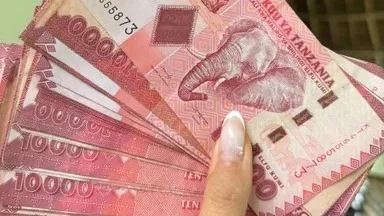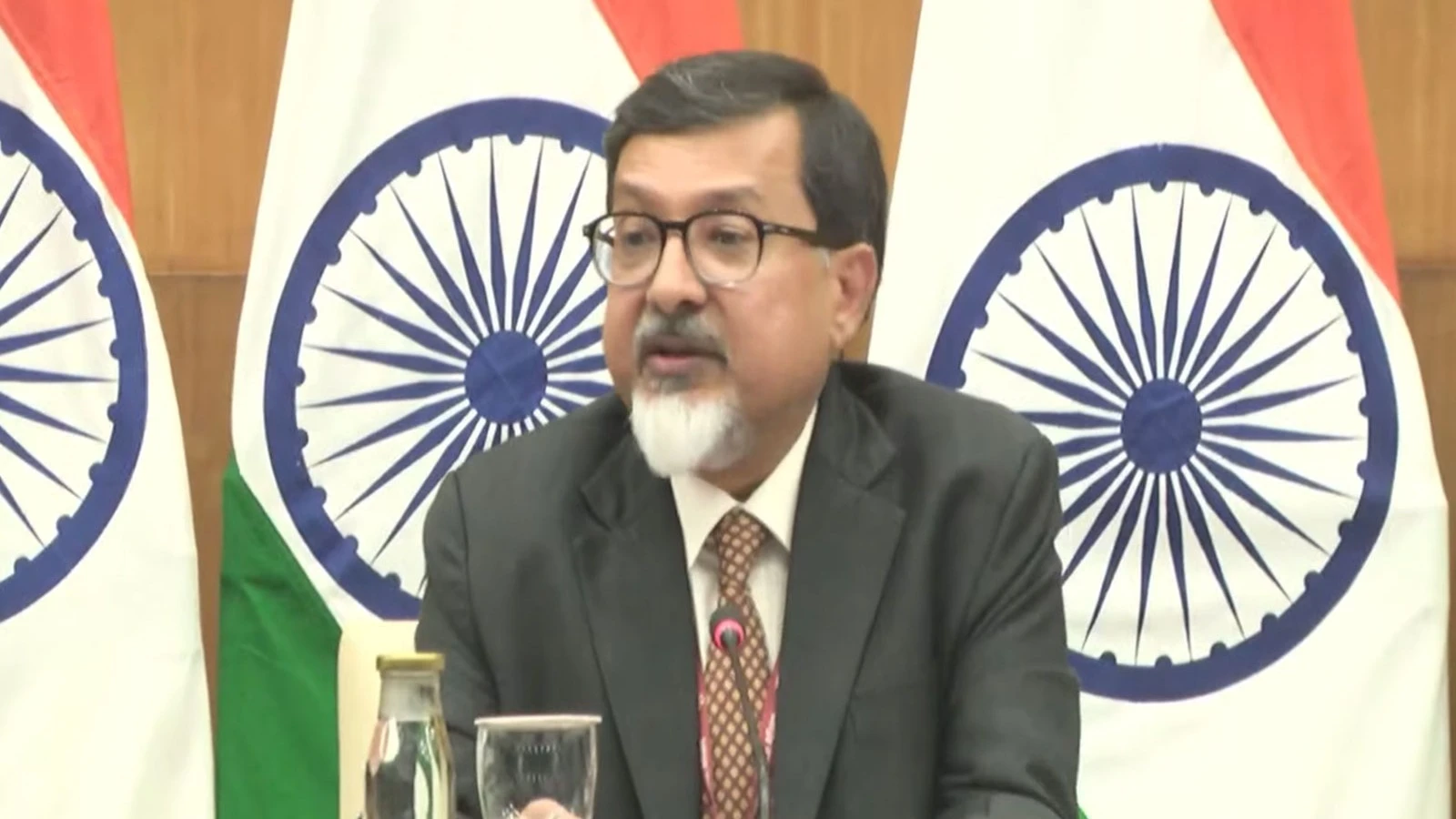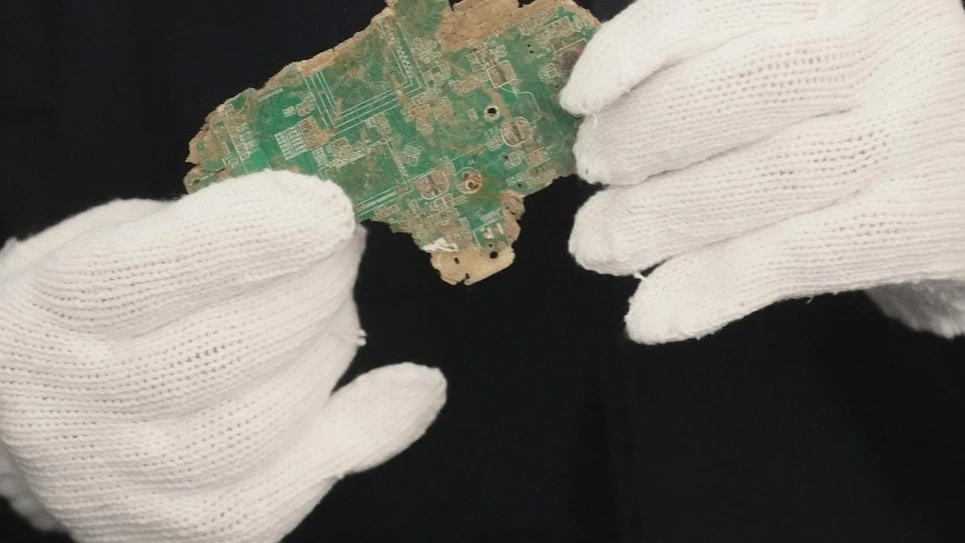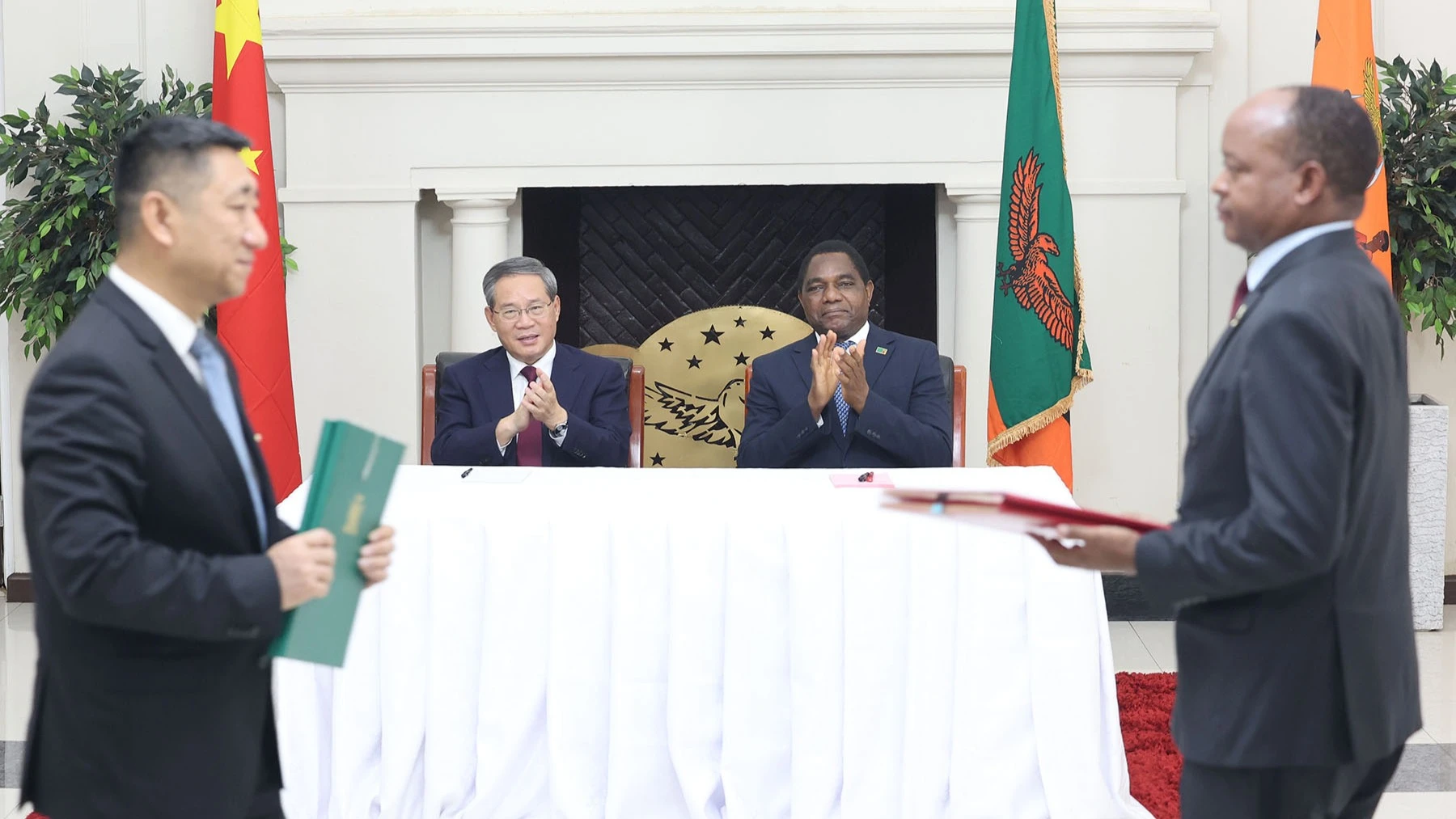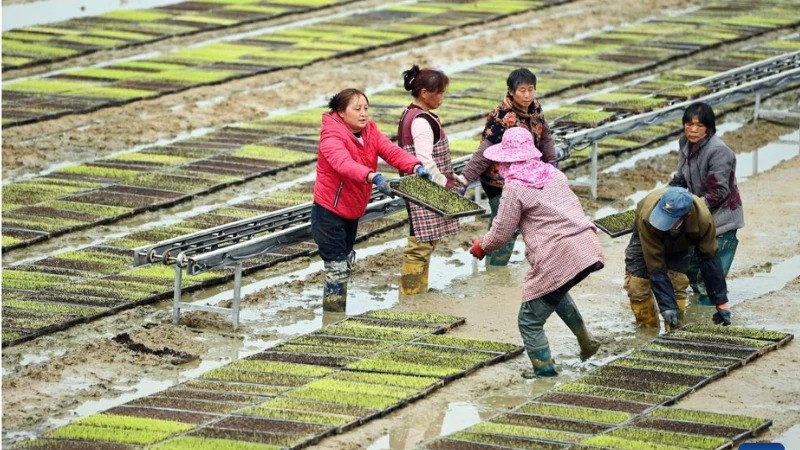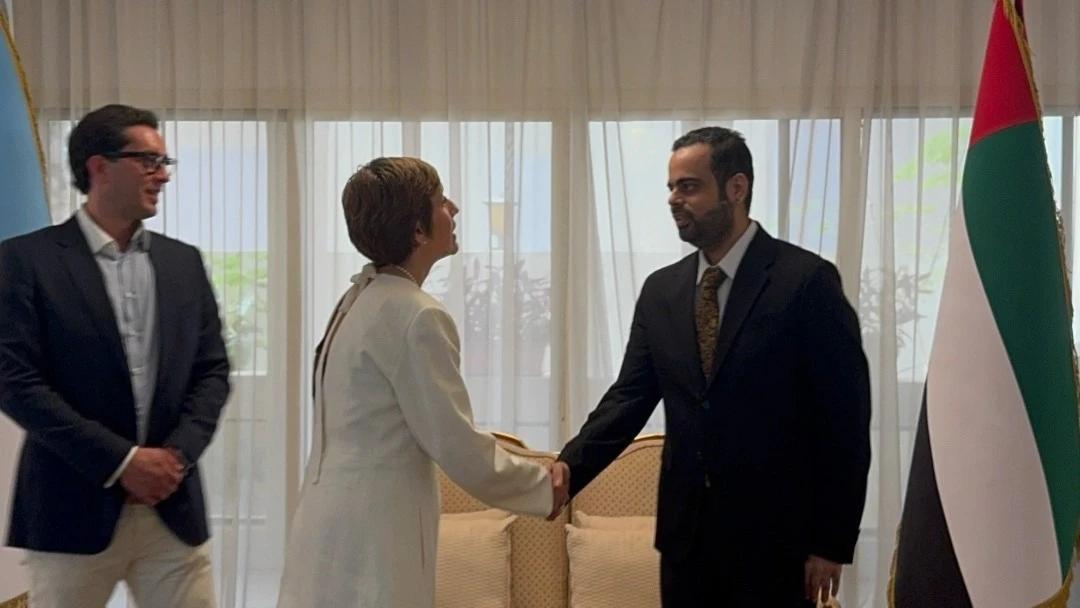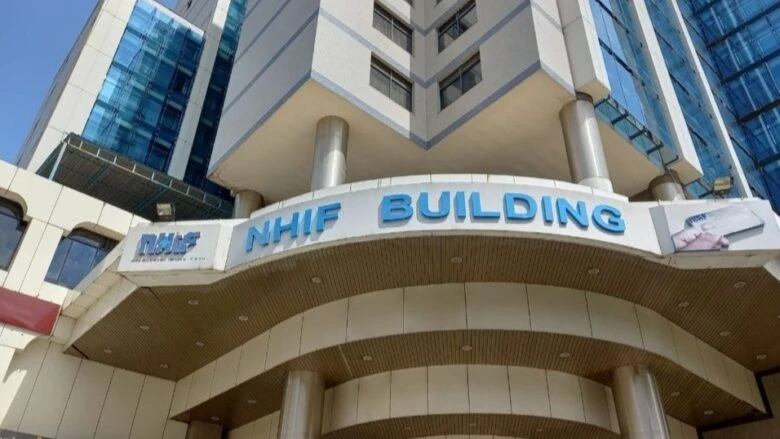Digital shift gives new hope to women in VICOBA groups, guarantees security
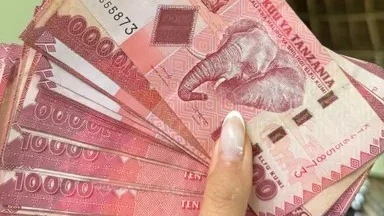
AT half past eight in the evening in Tabata, Dar es Salaam, Upendo Mwita sits quietly in her home when a message appears on her phone: confirmation of an emergency loan of 1,000,000/- (about USD 360) from her Village Community Banks (VICOBA) group. Her face lights up with relief and hope as she will finally be able to complete her plans on time.
What excites her even more is the speed. The loan arrived in just 30 minutes. Two years ago, the same loan would have taken two full weeks, slowing her ambitions and delaying her economic progress.
Upendo is one of 30 women in ‘Mwanga Mpya’—a savings-and-loan group that struggled for years under a slow, outdated system of storing money in locked iron boxes kept in members’ homes.
According to the group’s chairperson, Agness Selema, loans could only be released twice a month, on meeting days because the money was stored physically in a box at the secretary’s house. Even then, the process was slow and cumbersome.
Everything changed when the group adopted a digital banking system. Today, loans are disbursed instantly via mobile money or directly into members’ bank accounts through mobile money services offered by a number of telecommunication companies .
“With those metal cash boxes, we could only release money on the middle and last Sundays of the month,” Agness says. “Now, once a member meets the requirements, the loan is released immediately.”
For five of their eight years together, the metal box system brought a number of setbacks such as missing money, jammed boxes, delays and constant disputes. But within two years of using digital tools, members have seen dramatic improvements.
Income has risen, profits are clear, and confidence has grown. The group’s individual capital limit has increased from 1,000,000/- to 3,000,000/- allowing members to borrow up to 10,000,000/- per year, something unimaginable in the era of the iron box.
Across Tanzania, digitalization is becoming a key driver of financial inclusion. According to the Tanzania Communications Regulatory Authority (TCRA), mobile-money subscriptions reached 63.2 million by December 2024—nearly equal to the national population of 66.3 million.
Robbery, delays and disputes drove change
‘Mwanga Mpya’ is not alone. Many VICOBA groups in Dar es Salaam are rapidly digitizing their savings. A 2024 report, The Effects of Village Community Banks on Economic Empowerment of Women in Tanzania, shows the country now has around 50,000 VICOBA groups, holding a combined 1.5trn/- and serving about 4.4 million clients.
The Bank of Tanzania’s 2023 Financial Inclusion Report shows that 76 percent of adults used formal financial services by June 2023. FinScope 2023 surveys show that access to formal services has improved—yet exclusion remains high among rural residents, smallholder farmers, youth, and women.
For many members, change came through painful experiences.
In Mabibo, Dar es Salaam, Vicoba member Anna Sanga remembers the night everything fell apart. In 2022, she was robbed of the 1,000,000/- she had borrowed to expand her second-hand clothing business.
“It happened at 9 p.m., just steps from my house,” she says. “Two young men attacked me as I turned the corner. I will never forget that moment. I spent a whole year repaying a loan I never used. My business collapsed. I fell into painful debt.”
Shocked by her story and others like it, her group opened a bank account and joined a mobile banking platform. Chairperson Flora Mwano says robberies and internal disputes forced them to abandon the iron-box system. The new system also enabled them to access bank loans using their VICOBA group as collateral—an opportunity that did not exist before.
Digital convenience, new challenges
In Kinondoni, ‘Tumaini Jipya’ group treasurer, Agnes Simbu, says digital platforms have made loan disbursement faster and more convenient, they no longer need to meet physically to distribute money.
But challenges remain. Group member Benjamini Charles recalls a day the mobile network went down for six hours, making it impossible to access their app. As a result, he missed the deadline to deposit his contribution and had to pay a 50,000/- penalty. He also once waited a full week for a loan because of network failure, which caused delays and penalties in clearing cargo at the port.
Another member, Monika Leonard, says lack of digital literacy has caused mistakes such as sending money to the wrong accounts, or members falsely claiming to have made deposits.
Banks respond with tailored digital solutions
Stephen Adili, Head of Personal Banking at one of the local banks, says the bank serves VICOBA groups through its digital platform whereas groups can open digital accounts, appoint signatories, and track every member’s contributions. Contributions can be made through a number of digital platforms thus reducing risks previously faced by group messengers.
“We introduced this service due to the challenges messengers were facing, and the risk of members losing money,” he said, adding introduction of digital services has attracted a number of women to join the groups due to increased safety, transparency and accurate record-keeping.
Expert insights
Prisca Ngweshemi, Director of Himiza Development Organization told The Guardian that they approached VICOBA groups after seeing the large sums circulating informally at the community level.
“People have gained financial discipline and now own bigger assets. Someone in a VICOBA group can own a car or a house because they can access bank loans—something that was impossible before.”
A business expert and trader at the Kariakoo market in Dar es Salaam, Uroki Urio agrees that VICOBA’s collaboration with banks offer a major opportunity for business expansion and national economic growth.
Brenda Msola who works at one of the mobile phone companies, said the company introduced digital payment systems to address rampant fraud and theft in traditional savings models. Their platform, developed with one of the local banks has reached more than 500,000 groups.
“We saw the problem clearly,” she says. “People were losing their savings because boxes went missing or keys disappeared.”
Bank of Tanzania’s role
Dickson Gama, Manager of Microfinance Supervision at the Bank of Tanzania (BoT) said the institution is committed to ensuring digital financial services supporting VICOBA are secure, transparent, and inclusive. VICOBA are formally recognized as Tier IV microfinance providers under the National Microfinance Act (2018), with supervision delegated to local government authorities.
With many groups shifting to digital systems, BoT is working with banks, mobile-money operators, and the Tanzania FinTech Association to create a national framework for digital VICOBA operations—promoting consumer protection, financial literacy, and trust.
Through the Tanzania Instant Payment System (TIPS), Vicoba members can transfer money instantly across all banks and mobile networks at lower cost, reducing delays and expanding financial inclusion nationwide.
Top Headlines
© 2025 IPPMEDIA.COM. ALL RIGHTS RESERVED











